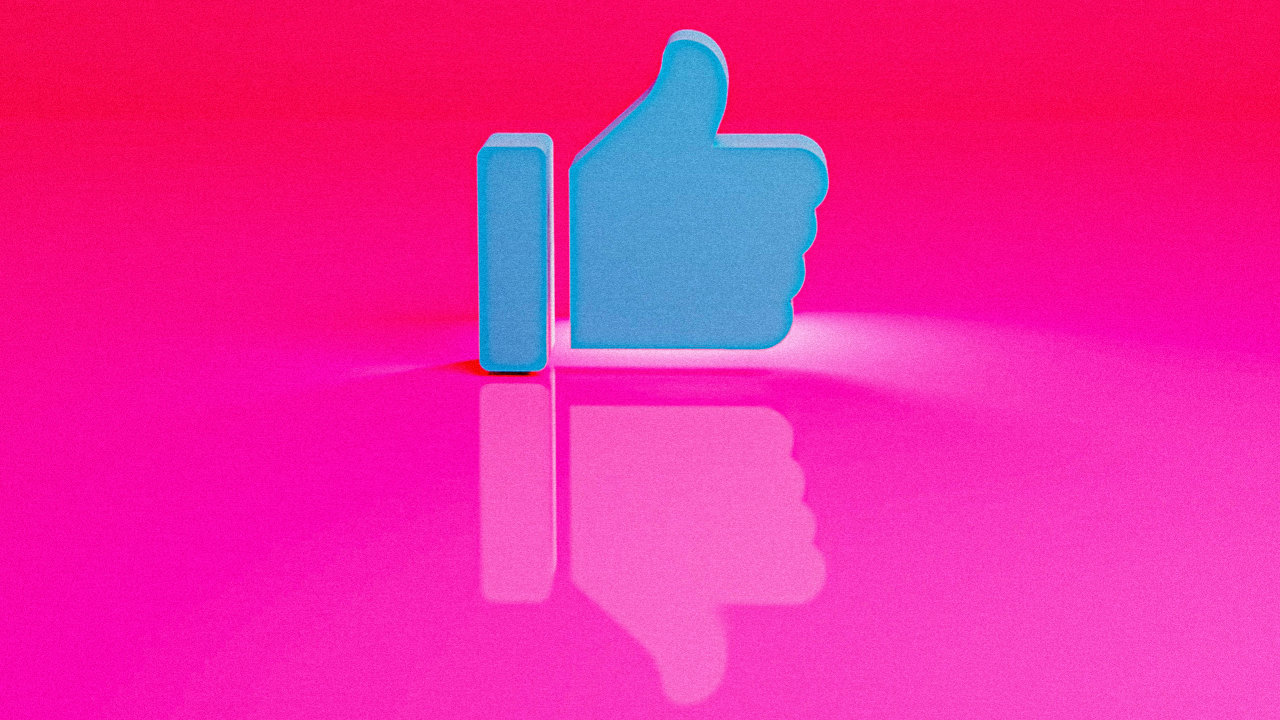[ad_1]

The case involved Chris Achter, a Saskatchewan farmer who used the emoji in a conversation with Kent Mickleborough, a grain buyer, in 2021. After the grain buyer had signed a contract to buy 87 tons of flax, he texted a photo of it to the farmer. The farmer responded with a thumbs-up, seemingly signifying that he was agreeing to sell, but . . . he never delivered.
The farmer claims that wasn’t what the emoji was meant to relay. He says he only sent it to show he had received the contract—not that he was agreeing to its terms. He also says he thought a “complete contract would follow by fax or email” for him to review. But Mickleborough says he wrote, “Please confirm flax contract” along with the photo of the contract; so when Achter sent back the thumbs up, Mickleborough read that as “his way” of agreeing to its terms.
From an outsider’s perspective, it’s clear how the text conversation could be misconstrued, especially given the variety of ways people use emojis. But Justice T.J. Keene pointed out that the two men commonly made contractual agreements over text, and that this exchange mimicked previous ones. He also pointed to the dictionary.com definition of the thumbs-up sign being “used to express assent, approval, or encouragement in digital communications, especially in Western cultures.” He ordered Mr. Achter to pay damages of Can$82,200 (or about $61,000).
The ruling shows how ingrained emojis are in modern culture, also that so much of our daily communication happens via text. The playful symbols and faces are an accepted way of expressing emotion, absolutely, but they’re also used so commonly, they even show up regularly in straightforward business deals.
Emojis have increasingly made an appearance in U.S. court battles as well, including Twitter’s 2022 dispute with Elon Musk, after he tried to back out of his $44 billion purchase of the company. Among other things, Twitter accused Musk of disparaging the company by responding to then-CEO Parag Agrawal’s tweet with a poop emoji. Ultimately, Musk abandoned the legal fight and bought Twitter.
While the defendant in Canada’s case is giving the ruling a big thumbs-down, the judge says it’s a sign of the times, and that the ruling demonstrates “a new reality in Canadian society” that courts will have to continue to address.
[ad_2]
Source link

